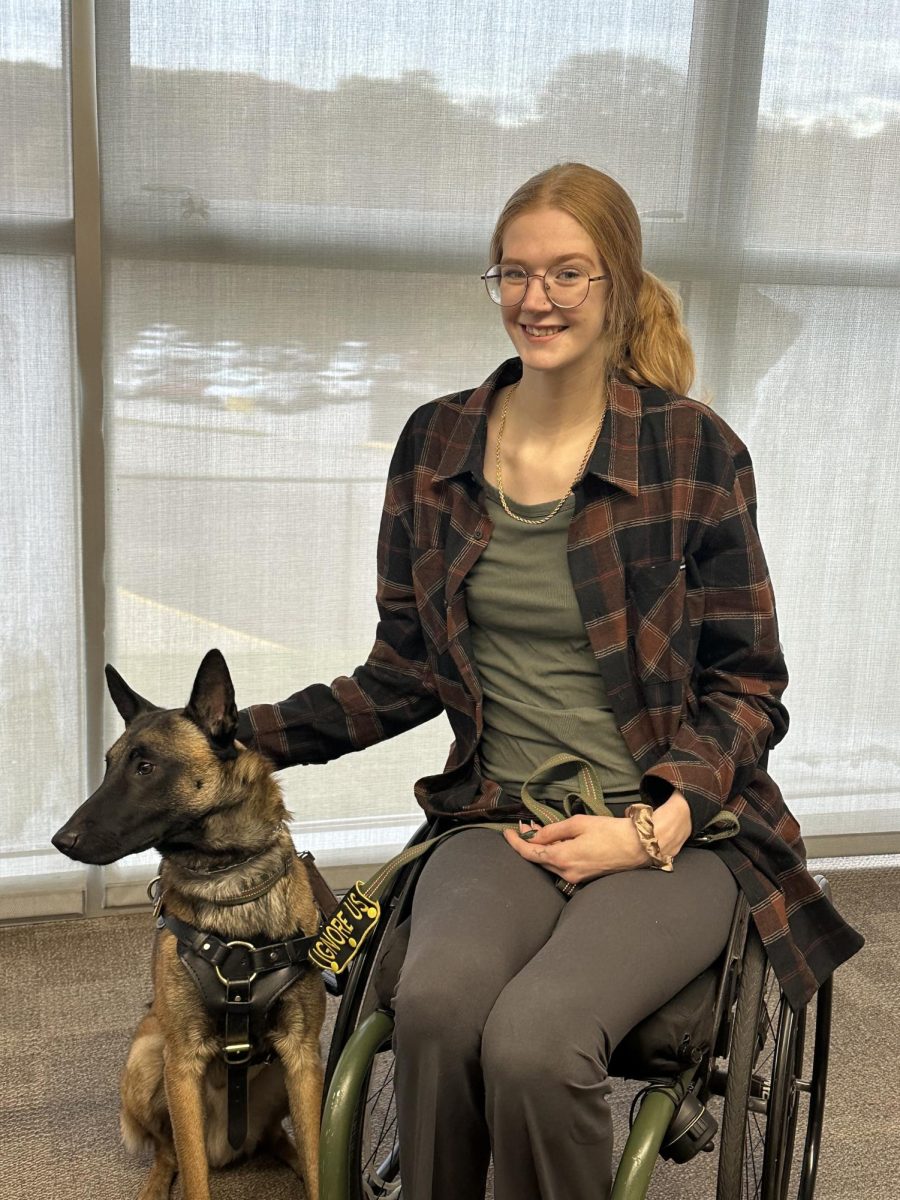By Josh Smith, Contributing Writer
With acts like the United States Equal Employment Opportunity Commission, it is illegal for employers to discriminate against factors like race or gender. However, there are still forms of discrimination in today’s workforce. Tattoos, for example, are still strongly looked down upon in the professional world, and many believe they are unsuited for most workplaces. The stigma of having tattoos in the workplace has decreased over the years; with that, the presence of tattoos should not be a deciding factor in the employment process and should be allowed in the workplace.
Do not get me wrong, I do understand some tattoos can be seen as inappropriate for particular workplaces. For example, tattoos of guns or drugs on an elementary school teacher could be an uneasy sight for parents and children. However, tattoos are forms of art and tattoos of appropriate images should not make a difference in whether someone is suitable for a job.
Rick Gardner, a West Liberty University Maintenance employee, said, “I have tattoos on both of my forearms, but it never really affected me. I have always worked in blue-collar labor, but I once tried to get a job in an office a few years back. I was turned down strictly on my body art. My body modifications should not affect my accessibility to get a job.”
Casey Patterson, a Business major at West Liberty University, expressed her confusion on why employers still discriminate against tattoos. “We are taught to follow the rules and regulations of the E.E.O.C., but we are not taught why tattoos and piercings are still discriminated against. I have no tattoos or major piercings but coming from a professional stand point, I still do not understand how companies still get away with this obvious discrimination.”
Tattooing has been practiced for hundreds of years. Today, people get tattoos to express their creativeness and sometimes just because they can. However, in the past, tattooing had many different purposes; one being a way to identify status as a criminal or slave.
Curtis Miller, a West Liberty University Criminal Justice student loves his tattoos. “I do not ink my body because I like to feel rebellious. I do it because it allows me to express myself in a way I normally cannot.”
Tattoos are continuing to grow in popularity and are more and more accepted in the workplace, but there are still employees that frown upon visible tattoos. Mike Smith, a director of a local non-profit, shared his business philosophy.
“I have worked for over ten businesses in my lifetime as a director or higher position. I understand what to look for in potential applicants, and I know that we cannot break the E.E.O.C. code. Withholding a professional workplace, our committee does not hire potential employers with visible tattoos. We do not frown upon tattoos, but we frown on unprofessionalism. It is as easy as wearing a long-sleeved shirt to cover ink in a professional workplace. It is a shame that tattoos are considered unprofessional, but that is still the norm today.”
While workplace tattoo concealment policies differ, having a tattoo in today’s workforce should not neglect all job opportunities. As you prepare to enter the workforce this summer or after graduation, remember to respect when businesses ask for professionalism, but embrace that you are inked. However, save the flaunting till after work hours.













